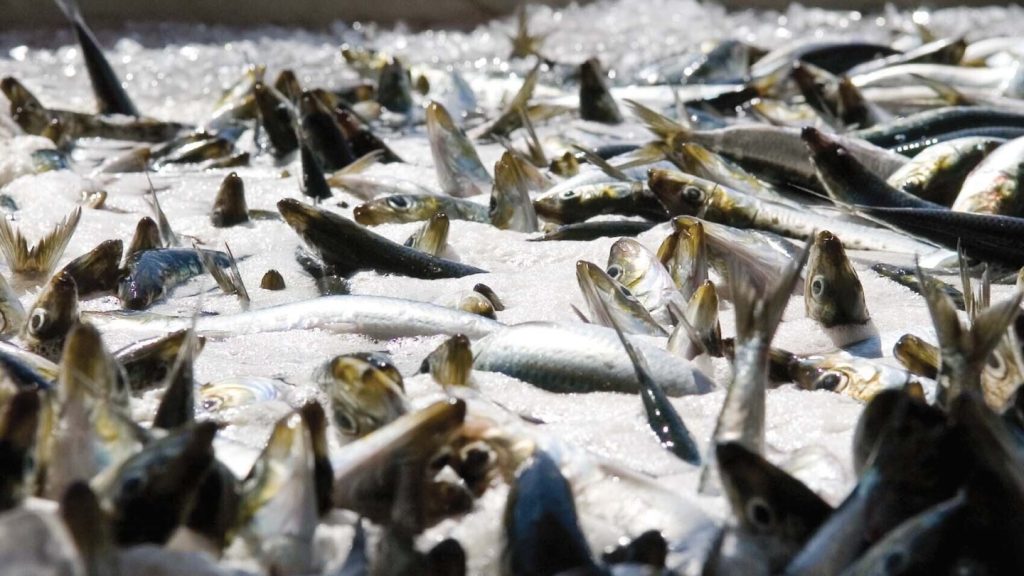The plan to rebuild the sardine population in the Pacific was found to be improperly implemented and ineffective in preventing overfishing, according to a recent ruling by U.S. Magistrate Judge Virginia DeMarchi in California. The decision was a win for environmentalists, who argued that the National Marine Fisheries Service did not ensure that sardine stocks would recover within the necessary timeframe. The collapse of Pacific sardines by over 98% between 2006 and 2020 has had a significant impact on marine ecosystems, as sardines are a vital food source for various marine animals. The judge’s order requires the Fisheries Service to develop a new plan that supports the rebuilding of sardine populations and establishes science-based catch limits to prevent further depletion.
Oceana, a nonprofit organization that filed the lawsuit against the Fisheries Service, praised the court’s decision and emphasized the importance of implementing enforceable catch limits to allow for the recovery of Pacific sardines. Dr. Geoff Shester, a senior scientist at Oceana, stated that a comprehensive plan with scientifically determined catch limits is necessary to ensure a healthy and resilient ocean ecosystem in the future. While the judge did not grant all of Oceana’s requests, she did instruct the parties to come up with proposals for a remedy by a specified deadline. The ruling signals a step towards more responsible management of marine resources and a commitment to protecting the health of the ocean environment.
The Fisheries Service, which has not commented on the litigation, will need to reconsider its approach to managing the sardine population in the Pacific in light of the court’s decision. With the collapse of sardine stocks and the resulting impact on marine life, it is crucial for federal agencies to prioritize sustainable fishing practices and conservation efforts to prevent further degradation of ocean ecosystems. By setting clear catch limits based on scientific data and ensuring the implementation of effective rebuilding plans, the Fisheries Service can help restore the balance of marine life in the Pacific and safeguard the long-term health of the ocean.
Environmentalists have long warned about the consequences of overfishing and the depletion of key marine species like sardines, which play a critical role in supporting a diverse range of ocean wildlife. The loss of sardines can have cascading effects on the entire ecosystem, affecting predators like whales, dolphins, sea lions, pelicans, and salmon that rely on sardines as a primary food source. By addressing the failures in the management of sardine populations and implementing measures to promote their recovery, federal agencies can work towards ensuring the sustainability of marine resources and protecting the biodiversity of the Pacific Ocean.
The court’s ruling serves as a reminder of the importance of evidence-based decision-making in conservation efforts and the need for proactive measures to address threats to marine biodiversity. It underscores the responsibility of government agencies to adhere to legal mandates and regulations aimed at preserving the health of marine ecosystems and supporting the recovery of depleted fish stocks. Moving forward, it will be crucial for the Fisheries Service to collaborate with environmental organizations, scientists, and other stakeholders to develop and implement effective strategies for rebuilding sardine populations and promoting sustainable fishing practices in the Pacific. By working together towards a common goal of ocean conservation, we can strive to protect and preserve the rich biodiversity of our marine environments for future generations.


